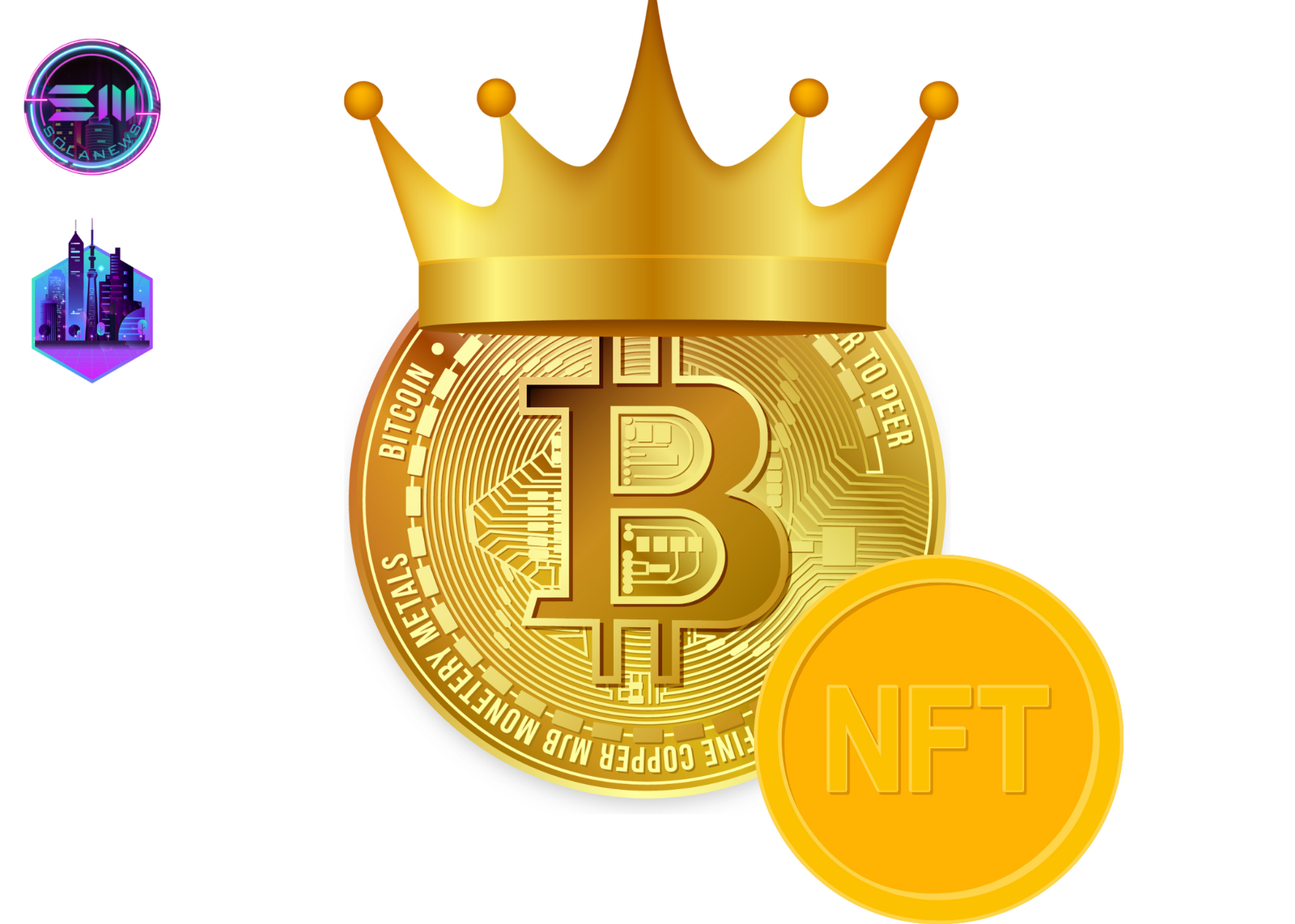TL;DR:
- Ordinals, a new NFT project inscribing directly onto Satoshis on the Bitcoin blockchain, has surpassed 100,000 inscriptions.
- The project lacks smart contract support, making it appealing to Bitcoin sidechain developers, but also limits its long-term growth potential.
- Ordinals’ success highlights the demand for NFTs on the Bitcoin blockchain, but the lack of programmability on Bitcoin limits its potential compared to Ethereum.
Ordinals and the Rise of NFTs on Bitcoin
Ordinals is a new NFT project that has been gaining popularity among the crypto community since its launch last month. What sets Ordinals apart from other NFTs is that they are inscribed directly onto individual Satoshis on the Bitcoin blockchain, rather than relying on smart contracts. While this lack of programmability limits its potential compared to other NFT projects, it also makes it appealing to Bitcoin sidechain developers.
As of late Tuesday, the number of Ordinal inscriptions had surpassed 100,000, with transaction fees for the digital collectibles reaching $114,590. While the surge in interest is exciting, it has also caused network congestion on the Bitcoin blockchain, with memory usage per block exceeding the standard capacity by 86 MB.
Despite the challenges, many in the crypto community see the rise of Ordinals as a positive development for the Bitcoin blockchain. The project has demonstrated the demand for NFTs on the Bitcoin network, and its success could lead to more innovation and development on the blockchain.
Smart Contracts on the Bitcoin Network
While Ordinals lack smart contract support, there are efforts underway to bring smart contracts to the Bitcoin network. One example is Stacks, a layer-2 smart contract platform that enables developers to build apps and smart contracts on top of Bitcoin. Stacks CEO Alex Miller sees Ordinals as a positive development for the Bitcoin ecosystem, as it highlights the demand for NFTs on the network.
Miller notes that while the lack of programmability on the Bitcoin blockchain is a limitation, it also makes it more secure and trustworthy than other blockchains that rely on smart contracts. He sees the Bitcoin network as a popular place for on-chain data storage, such as deeds, real estate transactions, or government documents.
While the rise of Ordinals is exciting, there is still work to be done to enable smart contracts on the Bitcoin network. The lack of programmability is a limitation, and more development is needed to bring smart contracts to the network.
A bright future
Ordinals is a new NFT project that has garnered a lot of attention since its launch last month. While the lack of smart contract support is a limitation, it also makes it appealing to Bitcoin sidechain developers. The success of Ordinals highlights the demand for NFTs on the Bitcoin network, and could lead to more innovation and development on the blockchain. While there are challenges to enabling smart contracts on the Bitcoin network, there are efforts underway to bring this functionality to the network.

Thanks for reading Solanews, follow our social media channels for more.

